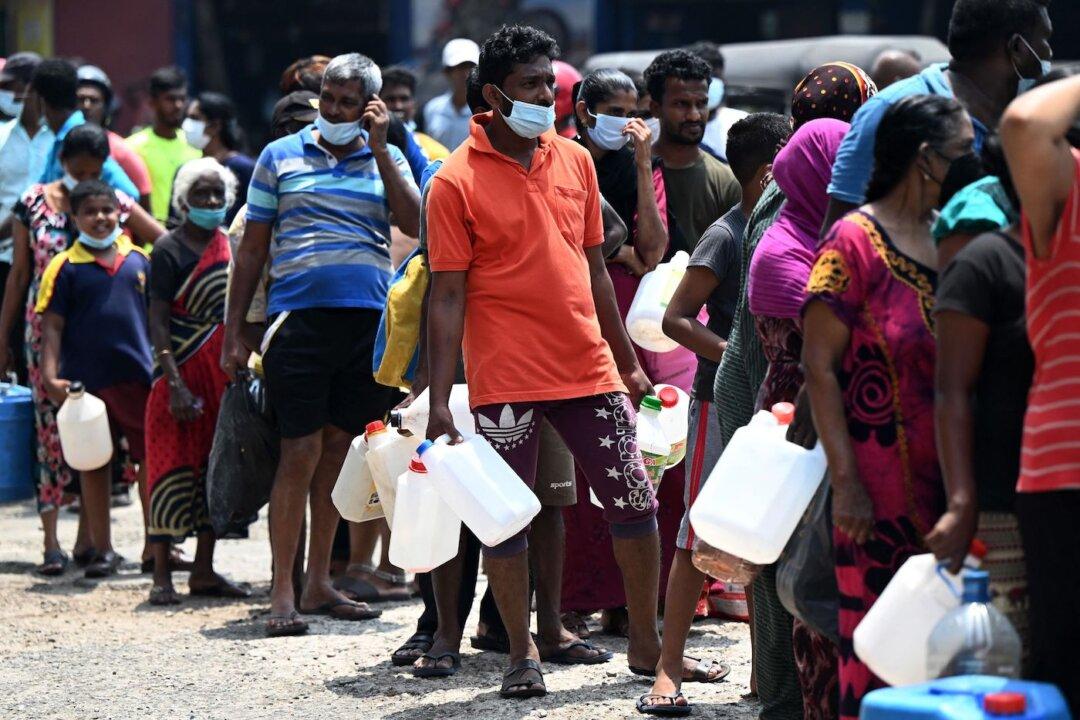Sri Lanka’s death toll due to severe drug shortages gripping the country may be worse than that of the COVID-19 pandemic, local doctors said on April 10. The country is experiencing its worst economic crisis in decades.
The Sri Lanka Medical Association (SLMA) said doctors now have to choose which patients to treat as hospitals run out of essential medicines and medical equipment, AFP reported.





